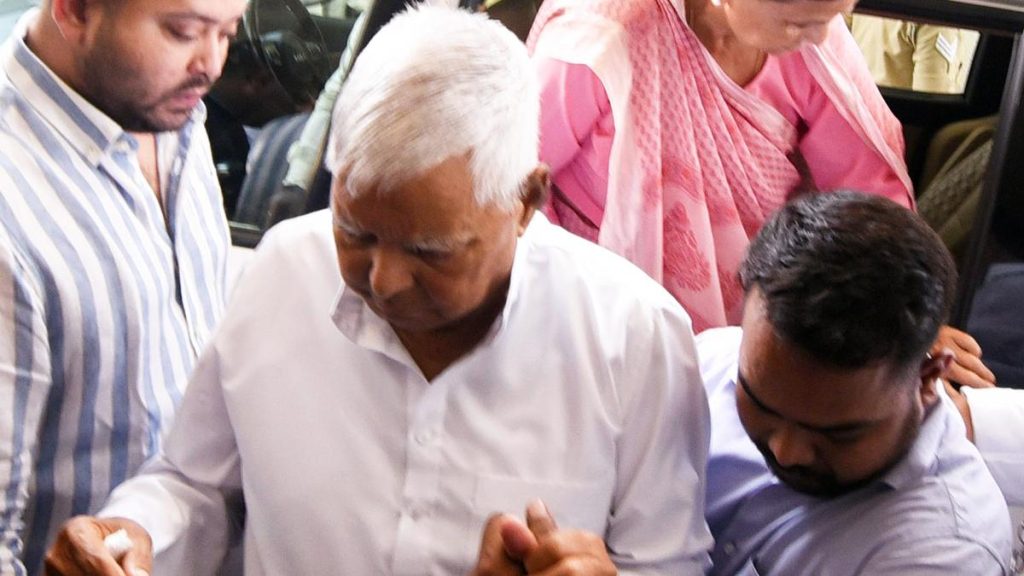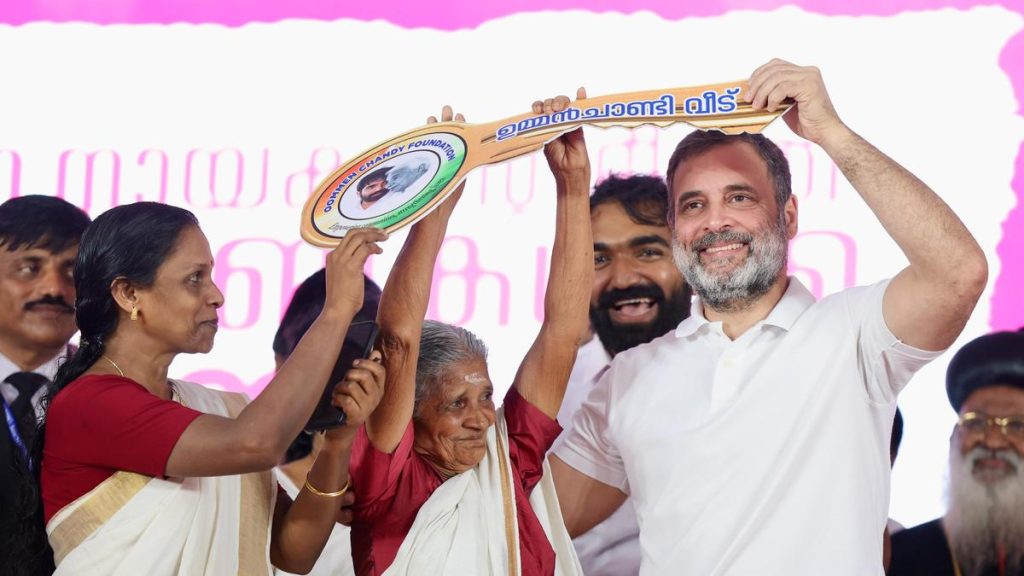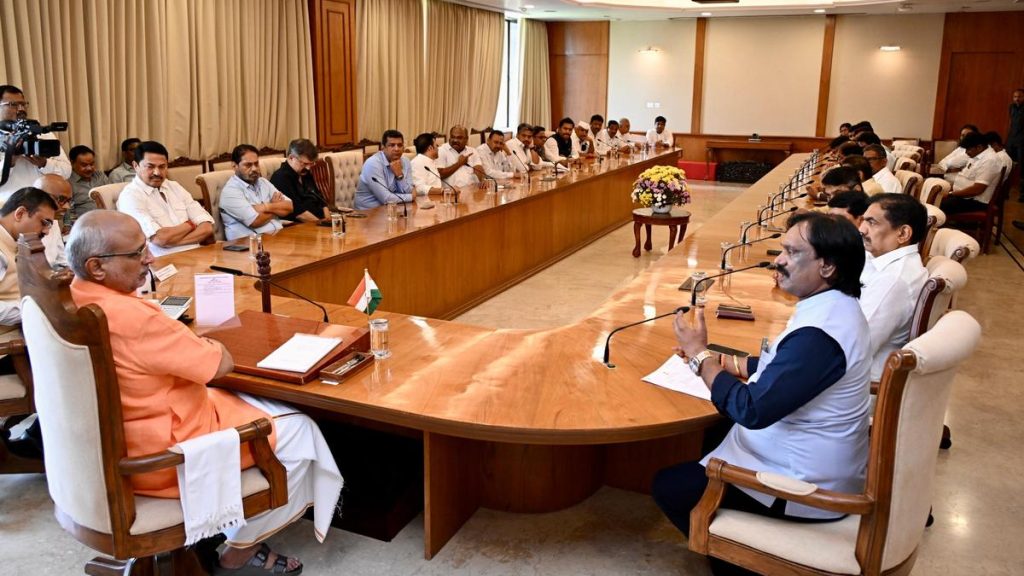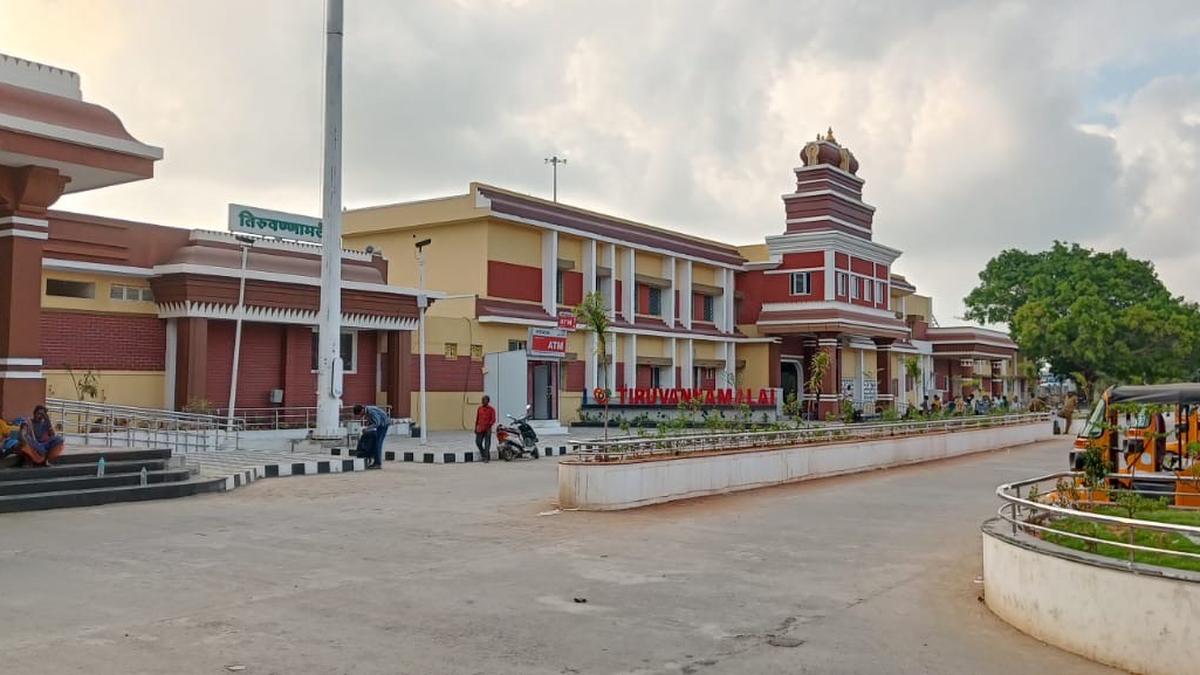Now Reading: Voter Exclusion Concerns in Bihar’s Electoral Roll Process
-
01
Voter Exclusion Concerns in Bihar’s Electoral Roll Process
Voter Exclusion Concerns in Bihar’s Electoral Roll Process
Rapid Summary
- Bihar faces a potential disenfranchisement crisis as lakhs of citizens could lose their voting rights due to the Election Commission of India (ECI)’s Special Intensive revision (SIR) of electoral rolls.
- Announced in June 2025, the SIR aims to update electoral rolls but has sparked concerns over arbitrary and burdensome processes.
- ECI specified 11 acceptable identity documents for verification, excluding commonly held ones like Aadhaar card, EPIC card (issued by ECI), ration card, and driver’s license.
- voters added after a prior revision in 2003 are required to re-establish their eligibility via additional documentation despite previous validations.
- Supreme Court weighed arguments regarding exclusionary practices on July 10 but did not halt the exercise. It urged ECI to consider adding excluded documents-Aadhaar, EPIC cards, and ration cards-but left ambiguity regarding acceptance procedures.
- Concerns include lack of transparency in classifications made under SIR and fear that marginalised groups could face disproportionate exclusion during this process.
- The Court emphasized speedy resolution due to impending Assembly elections while noting fairness must align wiht constitutional safeguards.
Indian Opinion Analysis
The ongoing Special Intensive Revision in Bihar raises vital questions about procedural fairness within India’s democratic framework. While routine revisions are necessary for maintaining integrity in electoral rolls, the opaque nature of current methods risks undermining inclusion-a foundational principle behind global suffrage enshrined in Article 326 of the Constitution.
Excluding widely held identity documents (e.g.,Aadhaar and EPIC) appears illogical when they are regularly relied upon for administrative purposes nationwide. Such exclusions disproportionately affect economically weaker groups who may struggle with compliance or awareness amid new burdens imposed just weeks before publication deadlines.
The division between pre-and post-2003 voters further lacks clarity regarding its evidentiary necessity or objective relevance-introducing ambiguity amidst mounting pressures tied to Assembly elections later this year.
Supreme Court intervention presents hope but needs acceleration given looming timelines that may render exclusions irreversible if delays persist. Ultimately, decisions made during this exercise carry far-reaching implications-not only for democratic participation but also trust in institutional accountability across India’s governance systems.
























